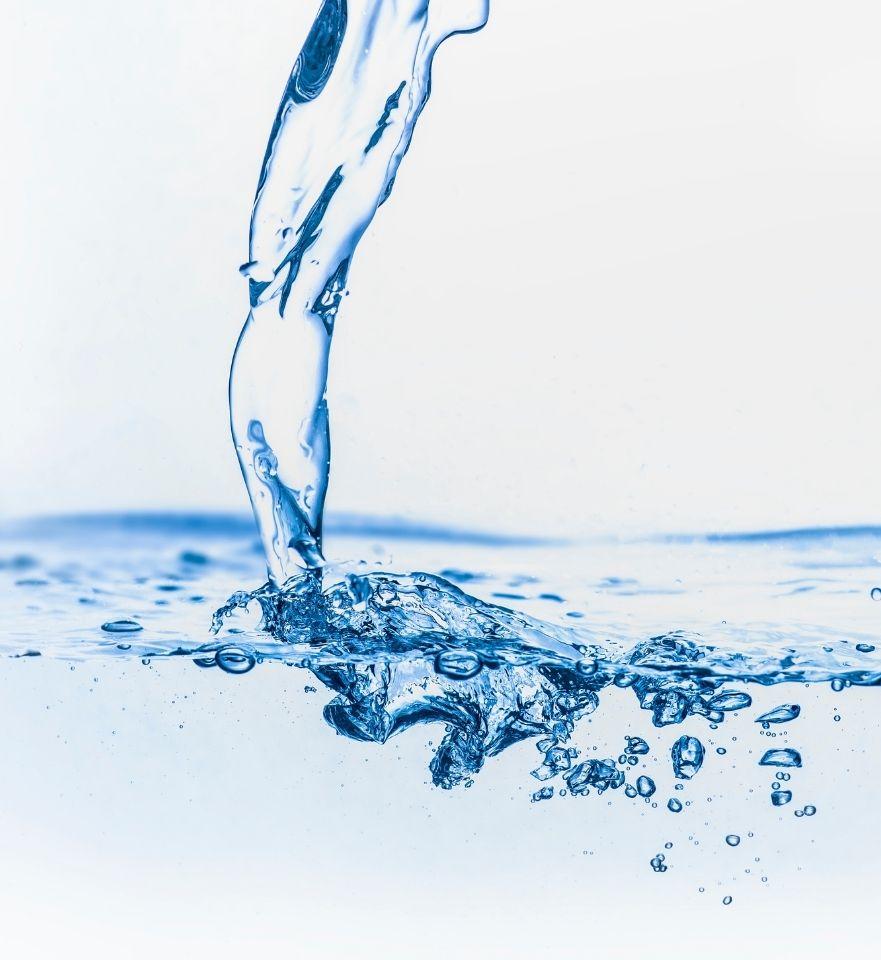Changing production and distribution models to reduce environmental impact
The CTCPA supports initiatives led by companies or by the sectors to better take into account the environment in their development and their structuring. These approaches aim at reconsidering certain practices and inventing new models to reduce the environmental impact of food production.
Reduction of the environmental impact
of the packaging (3R decree)
We propose a diagnosis and a packaging action plan defined around the 3R objectives of reduction, reuse and recycling.
Our packaging center located in Bourg-en-Bresse performs an initial inventory by proposing a mapping of existing solutions on the market that are adapted to the technical criteria of your product. We then draw up a 3R action plan for each product/packaging pair.
This step consists of identifying eco-design avenues for this packaging around the 3 objectives of the 3R decree:
- Reduce: reduce weight, thickness, volume of packaging or optimize logistics to reduce secondary packaging
- Reuse: implementation of a reuse solution
- Recycle: select or develop packaging technologies that meet recyclability specifications, and promote technical solutions that allow the incorporation of recycled material into the packaging.
The CTCPA is one of the experts identified by theADEME to carry out this diagnosis. Companies can benefit from a financial aid delivered by the ADEME for the eligible services, in particular the SMEs.

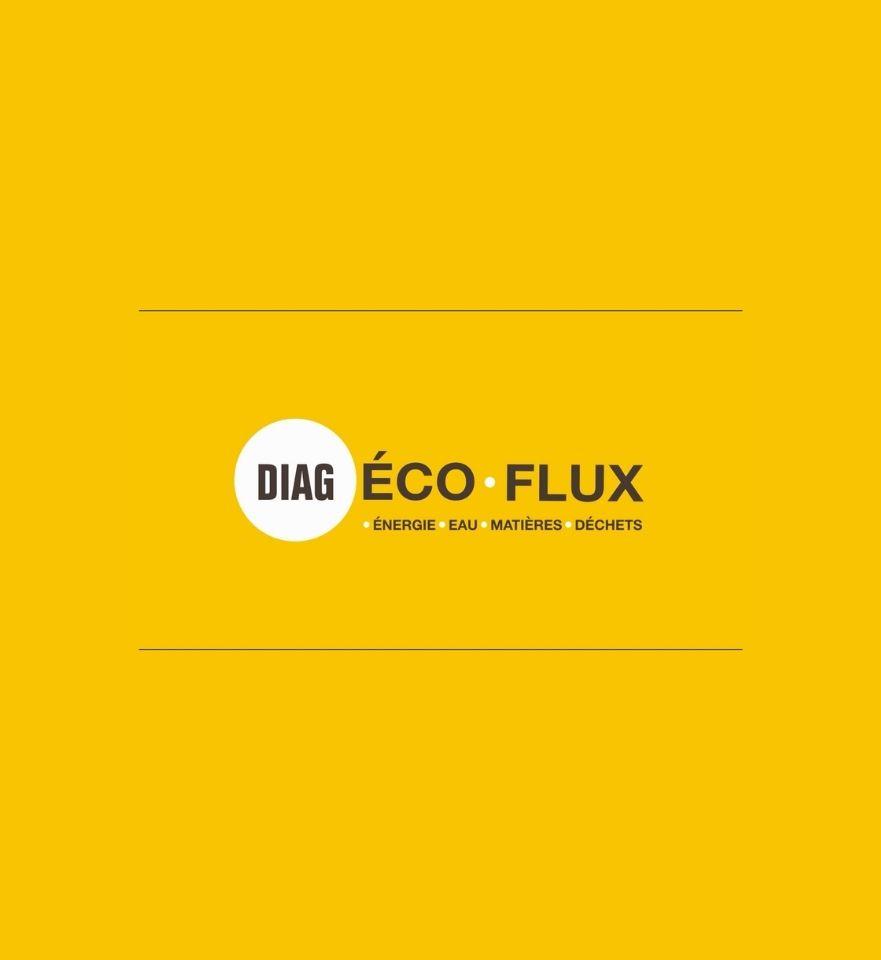
The Ecoflux® Diagnostic
ACTIA participates in the "Diag Eco-Flux" operation, a program to support companies operated by Bpifrance in partnership with Ademe to implement actions to optimize their energy, water, materials and waste flows, while reducing their impact on the environment.
We are approved by BpiFrance andADEME for the realization of the Ecoflux® Diagnosis, reserved for companies of 20 to 250 employees. This one takes place in 4 steps:
- Analysis of your practices to identify energy sources
- Definition of a personalized and costed action plan
- Implementation of the action plan for 12 months with regular follow-ups
- Evaluation of results and inclusion in a continuous improvement process.
The ADEME subsidizes this service up to 50%.
The "Decarbon'Action" diagnosis
The CTCPA is one of the recognized experts for the "Diag Décarbon'Action" program. ADEME and Bpifrance have launched the "Diag Décarbon'Action" in collaboration with the Bilan Carbone Association in order to support the energy and ecological transition of French companies
The Diag Décarbon'Action allows to initiate the decarbonization of companies. It is co-financed by ADEME and operated by Bpifrance in collaboration with the Bilan Carbone Association.
- Thanks to the intervention of qualified experts, the Diag Décarbon'Action allows you to :
- Measure your company's greenhouse gas emissions across your entire value chain (scopes 1, 2 and 3);
- Develop your action plan to decarbonize your company;
- Implement the first actions of change management within your company (team alignment, training, communication, etc.) and with your main customers-suppliers.
The Diag Décarbon'Action has 5 objectives:
- The reduction of energy consumption by companies.
- Reducing dependence (and therefore vulnerability) to fossil fuels.
- Increasing the company's skills in controlling its carbon footprint
- Raising the awareness of your employees to make them full-fledged actors in the sustainable shift your company has undertaken
- Improving your company's image with your customers, suppliers, partners and even the general public
For more information: Diag Décarbon'Action: the CTCPA accompanies you in the transition
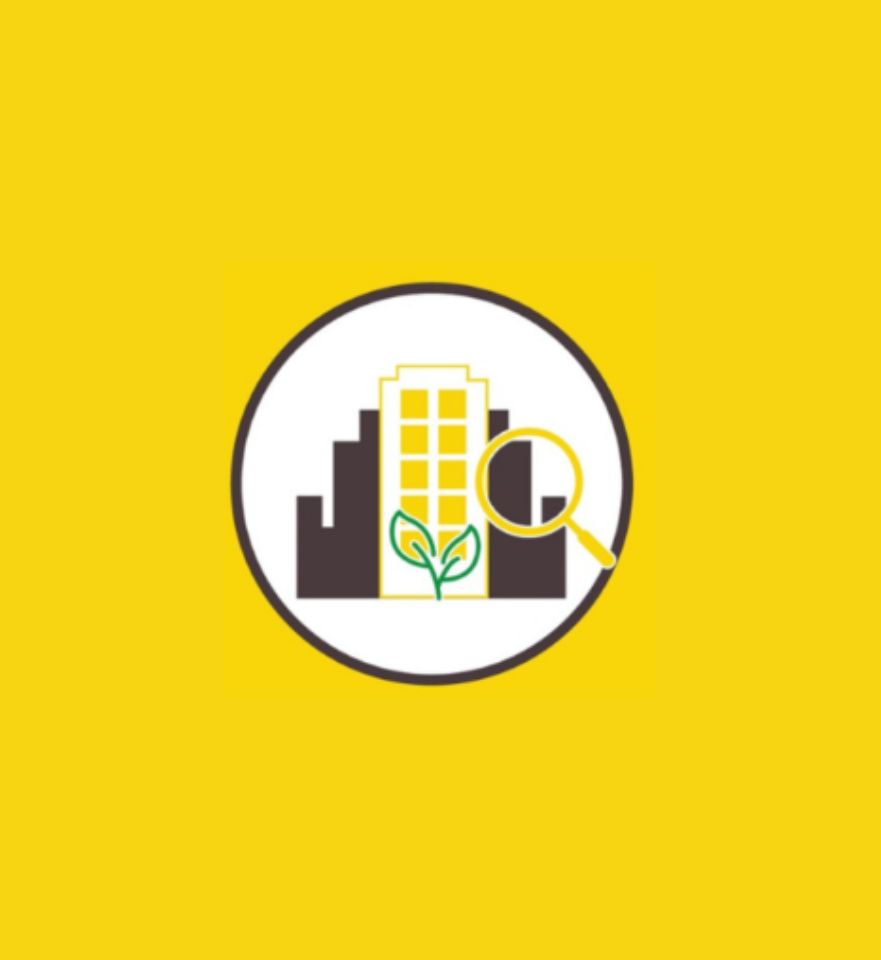

Eco-design in companies and industries / "Ecodesign" diag (BPI France)
The CTCPA is referenced as an expert, under the coordination of Actia, for the Ecodesign diagnosis of BPI France, Ademe and Pôle Eco-conception. The approach consists of :
- Raise awareness of eco-design among in-house teams and train an eco-design referent in your company
- Carry out an environmental assessment based on the Life Cycle Assessment of the product, service or process concerned
- Identify, formalize and cost eco-design levers, while controlling the risk of pollution transfer
- Prepare the implementation of an action plan, including an initial technical and economic dimensioning.
Find out more about our support services: Diag Ecoconception - Diagnostic Accompagnement Bpifrance
_
Eco-design consists in integrating the reduction of environmental impacts with other criteria (cost, quality, technical feasibility, market expectations...) in the design or improvement of a good or service.
We help you to build a process adapted to your objectives and your means. The Lifecycle Analysis method can be used in these processes to identify the main contributing items and build an adapted and efficient action plan.
Other tools such as checklists can also be used.
The areas of improvement can cover all stages of the product life cycle: the choice of ingredients and their sourcing, the transformation processes, packaging, etc.
We also support, on a regional scale, the more global eco-design approaches of industries and brands. We help them to structure themselves around a common project mobilizing all the players.
The Life Cycle Assessment (LCA) method
Our environment team is expert in theLife Cycle Assessment. This method makes it possible to quantify the environmental impacts of a product, a packaging, a process or a service, taking into account the incoming and outgoing flows throughout its life cycle.
Over the past 10 years, we have developed targeted skills and methodologies, in particular through our participation in research programs and the support of numerous companies in their environmental assessment processes. LCA is a standardized method that follows the ISO 14 040 to ISO 14 044 standards. The CTCPA is a licensee of the LCA software Simapro and MEANS In-Out.
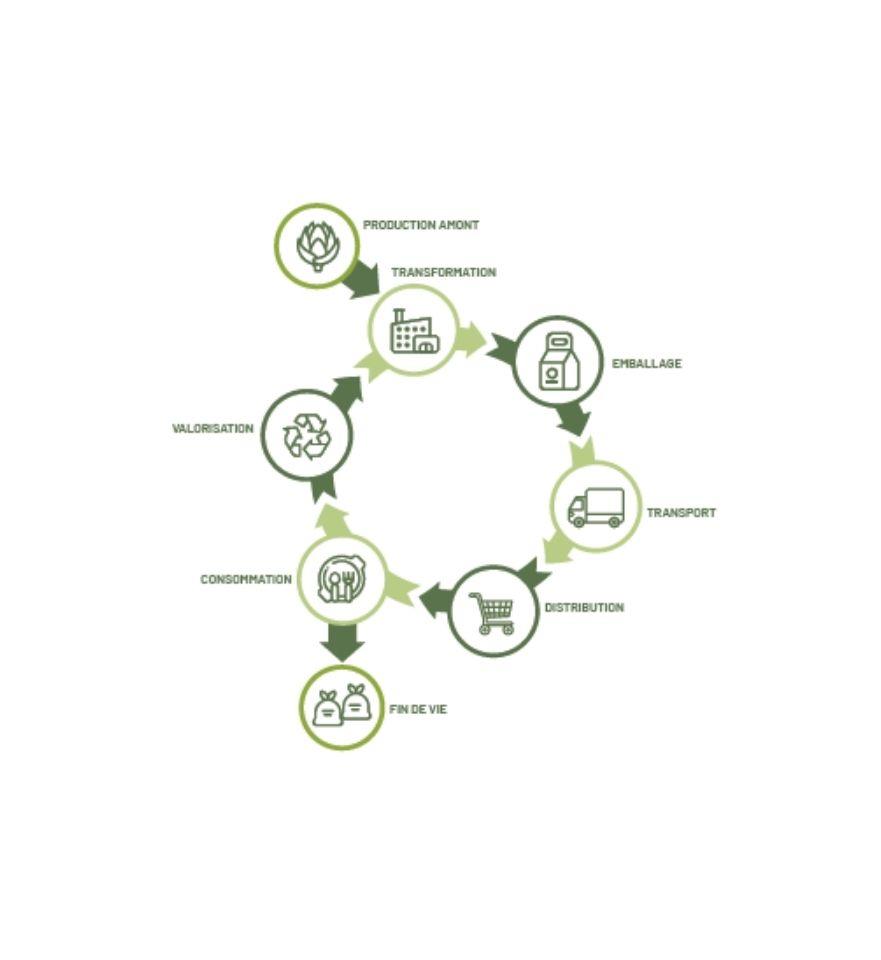
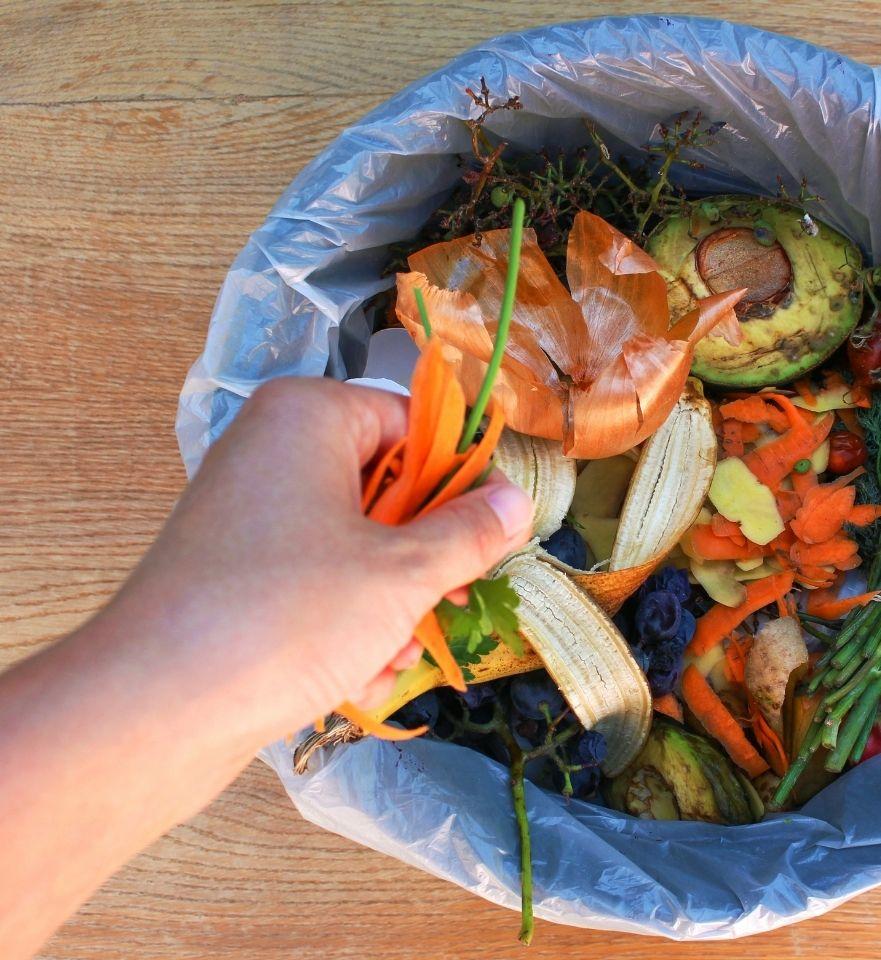
Diagnosis of food waste
The law on waste and the circular economy of February 2020 (AGEC law) requires you to set up an approach to fight against food waste, which must include a diagnosis.
We accompany you in the realization of this diagnosis by characterizing your losses at each stage of transformation, and we build with you an action plan of reduction.
Water consumption management
Sustainable water management is now a key issue for food processing plants.
We benefit from a recognized expertise in the field of water consumption reduction in the food industry.
From measurements and data collected on the industrial site, we apply the Water Pinch method to establish a diagnosis of the water network of your site. This diagnosis then allows us to reconsider the water network in order to optimize the consumption of clean water on the site.
